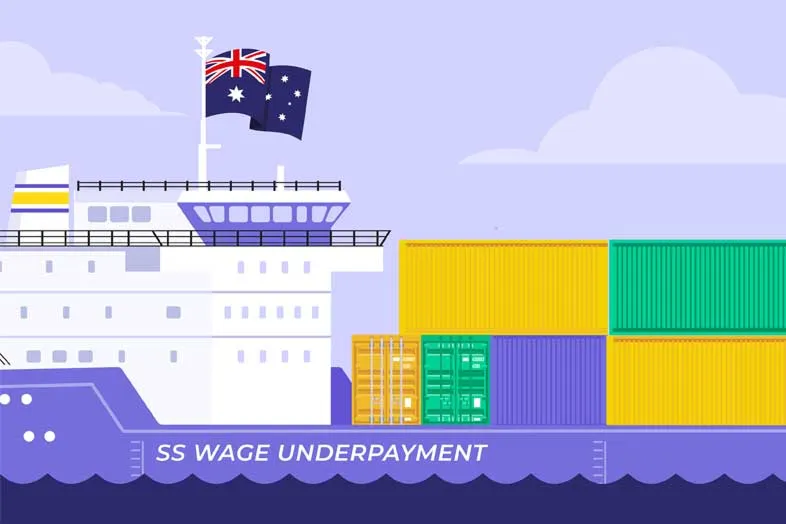Wage underpayment remains a significant issue, with bureaucratic hurdles often preventing workers from reclaiming their rightful earnings.
The Australian Government’s "Review of the Fair Work Act Small Claims Procedure" aims to address these challenges by identifying barriers such as costs, complexity, and lack of support. However, while the review proposes improvements to efficiency and affordability, they have also sparked debate and pushback from employer groups.
The current process
- The small claims process within the Federal Circuit and Family Court of Australia is designed to offer a quicker, more affordable way for workers to recover unpaid wages. The Fair Work Legislation Amendment (Secure Jobs, Better Pay) Act 2022 increased the monetary cap from $20,000 to $100,000 and allowed courts to award filing fees to successful applicants (effective July 1, 2023).
However, certain aspects remain problematic:
- Filing fees: Upfront costs can deter claims, particularly for small amounts ($500-$1000).
- Legal and procedural barriers: Many workers struggle with complex forms, underpayment calculations, and self-representation, making the process daunting. Multiple application forms and strict service rules further complicate matters.
Stakeholders argue that additional resources, simplified forms, and greater support for claimants would improve accessibility, particularly for vulnerable workers.
Proposed reforms
To improve the process, the review suggests key reforms:
- Expanding filing fee exemptions: Providing exemptions for those receiving assistance from migrant worker centres, industrial associations, or the Fair Work Ombudsman. Eliminating fees for claims under $5,000.
- Employer-paid legal costs: Courts could require employers to cover workers’ legal costs in successful claims, while maintaining safeguards for businesses when claims are unsuccessful—except in cases of "vexatious or unreasonable" claims.
- Simplifying applications: Merging the 'Application – Fair Work Division' and 'Small Claim under the Fair Work Act 2009' forms, and creating a user-friendly "do-it-yourself" kit for self-representation.
- Alternative jurisdiction consideration: Exploring whether small claims should be handled by the Fair Work Commission or a specialised industrial court for greater efficiency.
Employer and stakeholder concerns
Employer groups, including the Australian Industry Group and the Council of Small Business Organisations Australia, warn about the risk of "go-away money"—where businesses feel pressured to settle unverified claims to avoid legal costs. They argue that shifting legal costs onto employers may encourage more claims, including those that are unfounded, adding financial strain to small businesses.
Support for reform
Worker advocacy groups, such as the Australian Council of Trade Unions (ACTU), strongly back the reforms, stressing the need to improve access to justice. They argue that wage theft is a systemic issue due to weak enforcement mechanisms. ACTU Secretary Sally McManus stated:
“Nearly one in 10 workers are underpaid in Australia because it has been so easy for bosses to get away with wage theft.”
What is next?
The review of the Fair Work Act small claims procedure underscores the persistent difficulties workers, particularly vulnerable groups like migrant workers, face in reclaiming unpaid wages. These recommendations offer potential solutions to these challenges but have also sparked concerns among employer groups regarding potential system misuse and rising costs. The government's response to the recommendations and their subsequent implementation will be crucial in shaping the future of wage justice in Australia.







